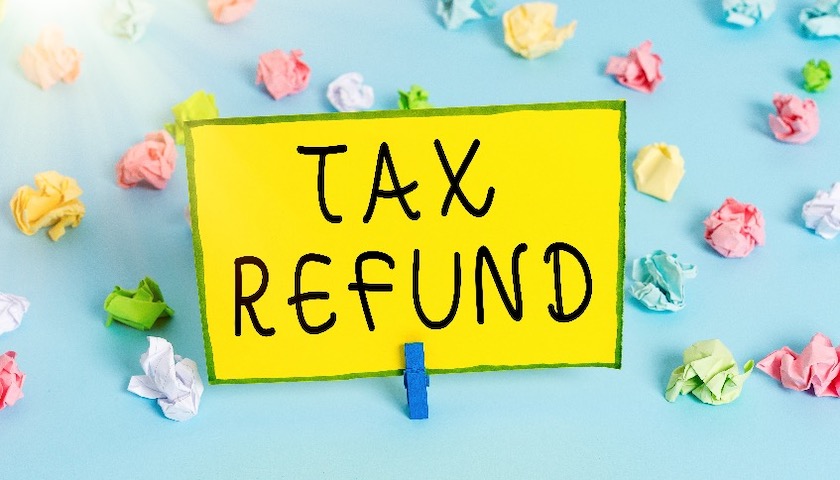“In this world,” noted Benjamin Franklin in 1789, “nothing can be said to be certain, except death and taxes.” While no-one likes paying taxes, sometimes we get a nice surprise in the form of tax refunds. On the flip side, sometimes the taxman will investigate our tax affairs and may decide we’ve paid too little. In this article we take a look at tax refunds and investigations and, in particular, the time limits that apply to both.
Tax refunds
If you overpay income tax or CGT, you need to claim tax refunds within four years. So, if you overpay tax in the financial year 2024/25, you have until 5th April 2029 to claim it back.
If you believe you have overpaid tax of any kind, you can use this service to find out how to get a refund.
Tax investigations
Normally, if you submit your Self-Assessment Tax Return on time, HMRC has 12 months from the date of filing to open a tax investigation. So, if you submitted your return on 5th January 2024, the taxman has until 4th January 2025 to open an investigation.
However, if you file late, HMRC gets extra time. They can open an investigation at any time until the end of the quarter after the anniversary of your late submission. So if you file your return two weeks late on 14th January 2023, the taxman has until 31 March to start an investigation.
Discovery assessments
Once HMRC has opened an inquiry into your tax affairs, they have four years from the end of the tax year they started the inquiry to issue a discovery assessment.
However, this rule isn’t hard and fast. If the taxman has evidence that you have failed to pay the right amount of tax because you have acted carelessly, he can issue a discovery assessment up to six years later.
In some cases, HMRC gets even longer. If there is evidence you deliberately didn’t pay enough tax, failed to notify a liability under Section 7 of the Taxes Management Act 1970, or participated in a tax avoidance scheme, you could be subject to a discovery assessment up to 20 years later.
How much information can HMRC demand?
In theory, HMRC can request financial information for any period it chooses. In practice, HMRC can insist only that you provide up to four years’ worth of information. To force you to hand over more, the taxman needs to show he has an arguable case that you were careless (to gain six years’ worth of information), or dishonest (for twenty years). This is designed to stop HMRC going on fishing expeditions into people’s tax affairs.
What do I do if HMRC investigates my tax affairs?
If HMRC wants to investigate your tax affairs, it can be a complex and costly process. Unfortunately, you have to foot the bill even if your tax affairs are in tip top order. To protect yourself, we strongly recommend our tax investigation fee protection service. This covers you for up to £100,000 if our accountants need to work on your tax enquiry – meaning you free up your time and aren’t left out of pocket.
How do I know if I’m due tax refunds?
If you use THP’s accountants to prepare your Self-Assessment tax return, we’ll always look for legitimate ways to save tax. We’ll certainly let you know if you’re due any tax refunds.
About Karen Jones
Having worked for one of the world’s largest accountancy firms, Karen Jones uses her tax knowledge and skills to help clients obtain substantial reductions to their tax liabilities.
With an expanding portfolio of tax clients, Karen enjoys the variety her work brings her and particularly likes working with new businesses and people. With a growing number of tax clients, she frequently faces a variety of challenges and relishes the experience she gains as she solves them.
Karen likes the THP ethos: “I like the way the team has a professional, but friendly and down-to-earth approach – it creates a productive atmosphere that benefits everyone.”
Karen’s specialist skills:
- Personal Taxation
- Tax Efficient Planning
- Trust Administration












